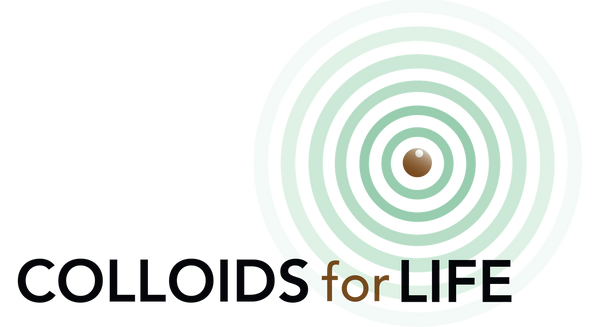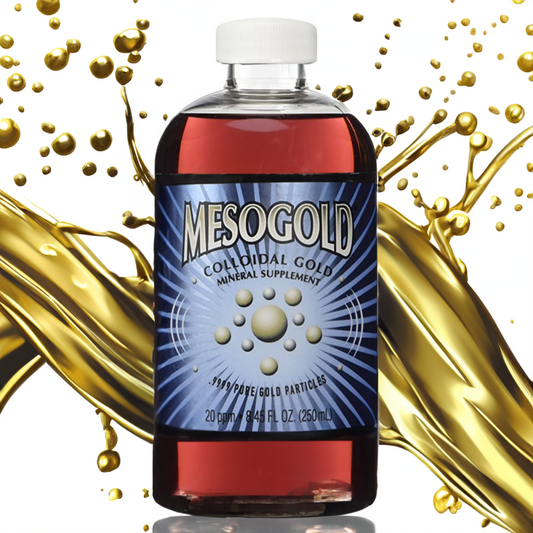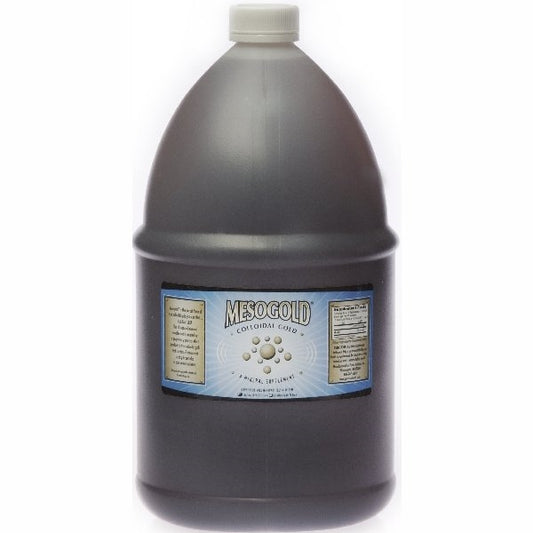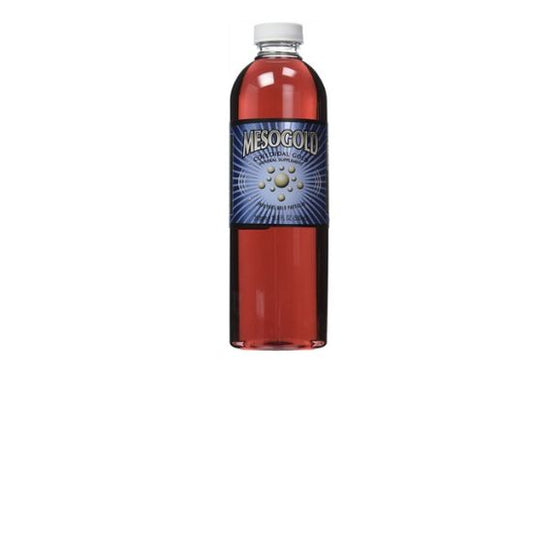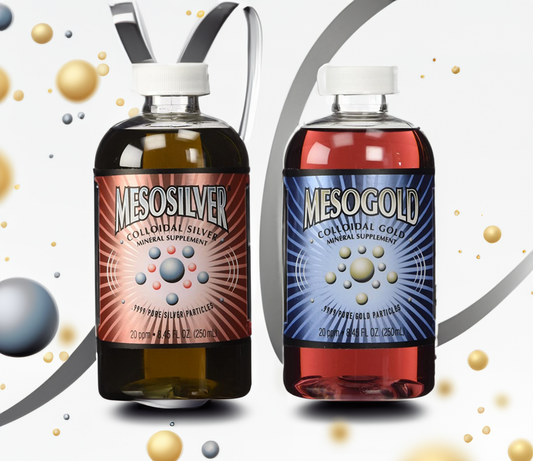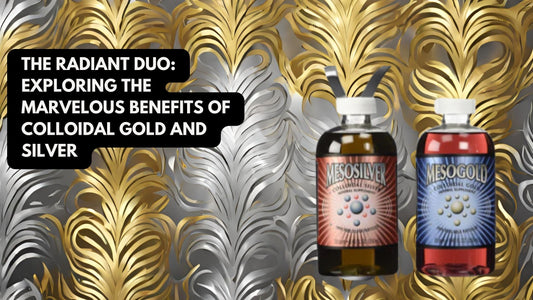Ionic gold and colloidal gold are two types of gold supplements that have gained popularity in recent years. While both are marketed as safe and effective dietary supplements, there are significant differences between the two.
Ionic gold is a water-soluble gold salt that is dissolved in water. It is sometimes referred to as monatomic gold, and is marketed by some companies as a non-colloidal gold supplement. However, laboratory testing has shown that products marketed as ionic gold are often actually gold chloride, also known as chlorauric acid, a water-soluble gold salt that is potentially toxic to humans.
On the other hand, colloidal gold consists of tiny gold nanoparticles that are suspended in a liquid, usually water. The nanoparticles in colloidal gold are so small that they remain in suspension, giving the liquid a characteristic red or yellow color.
While ionic gold and colloidal gold are both marketed as dietary supplements, the two are fundamentally different in terms of their composition and how they are made.
Ionic gold is formed by dissolving a water-soluble gold salt in water. Once the water evaporates, the gold cations are forced to combine with the anions to form a gold compound (salt). Gold chloride is the most prevalent water-soluble gold compound and is often used to make ionic gold supplements.
Colloidal gold, on the other hand, is made by reducing metallic gold to nanoparticles and suspending them in a liquid. This process requires special equipment and expertise to ensure that the particles are uniform in size and remain suspended in the liquid.
One major difference between ionic gold and colloidal gold is their solubility. Ionic gold is water-soluble and readily reacts with other elements, while colloidal gold is not water-soluble and does not readily react with other elements. This makes colloidal gold a more stable and inert form of gold that is less likely to cause adverse reactions.
Another important difference is the potential health effects of ionic gold and colloidal gold. Gold chloride, the most common form of ionic gold found in supplements, is known to be a neurotoxin that can cause peripheral neuropathy, a condition that damages the peripheral nerves and causes weakness, numbness, and pain. In contrast, colloidal gold is generally considered safe and non-toxic when used as a dietary supplement.
When it comes to choosing a gold supplement, it's important to understand the differences between ionic gold and colloidal gold. While both are marketed as dietary supplements, the two are fundamentally different in terms of their composition, solubility, and potential health effects.
In conclusion, while ionic gold is marketed by some companies as a non-colloidal gold supplement, laboratory testing has shown that products marketed as ionic gold are often actually gold chloride, a potentially toxic substance. Colloidal gold, on the other hand, consists of tiny gold nanoparticles suspended in a liquid and is generally considered safe and non-toxic when used as a dietary supplement. When choosing a gold supplement, it's important to understand the differences between the two and make an informed decision based on your individual needs and health goals.
